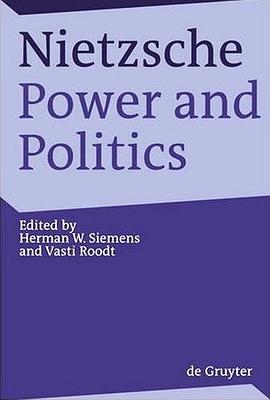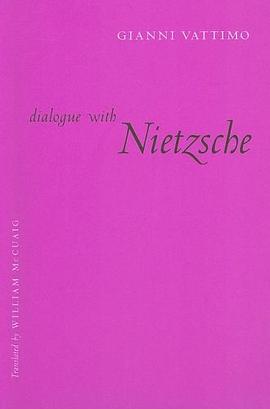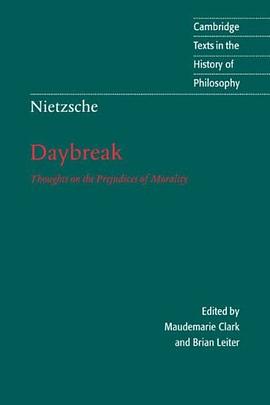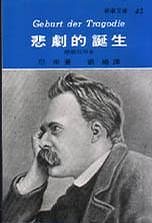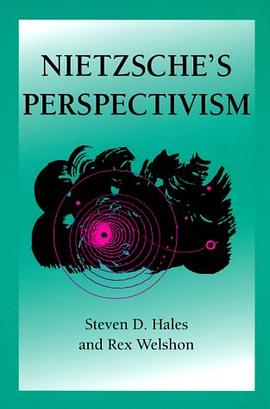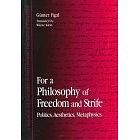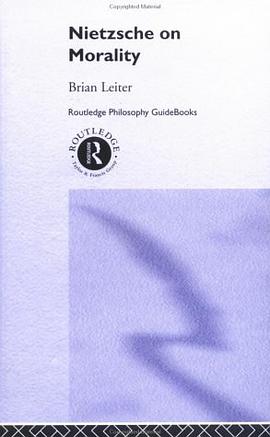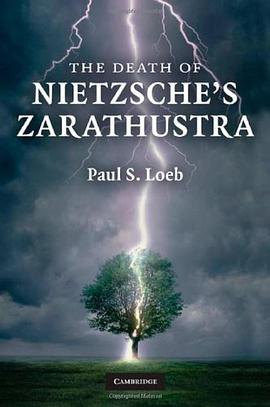

具體描述
In this 2010 study of Nietzsche's Thus Spoke Zarathustra, Paul S. Loeb proposes a fresh account of the relation between the book's literary and philosophical aspects and argues that the book's narrative is designed to embody and exhibit the truth of eternal recurrence. Loeb shows how Nietzsche constructed a unified and complete plot in which the protagonist dies, experiences a deathbed revelation of his endlessly repeating life, and then returns to his identical life so as to recollect this revelation and gain a power over time that advances him beyond the human. Through close textual analysis and careful attention to Nietzsche's use of Platonic, biblical, and Wagnerian themes, Loeb explains how this novel design is the key to solving the many riddles of Thus Spoke Zarathustra - including its controversial fourth part, its obscure concept of the Ubermensch, and its relation to Nietzsche's Genealogy of Morals.
著者簡介
圖書目錄
讀後感
評分
評分
評分
評分
用戶評價
相關圖書
本站所有內容均為互聯網搜索引擎提供的公開搜索信息,本站不存儲任何數據與內容,任何內容與數據均與本站無關,如有需要請聯繫相關搜索引擎包括但不限於百度,google,bing,sogou 等
© 2025 book.quotespace.org All Rights Reserved. 小美書屋 版权所有











